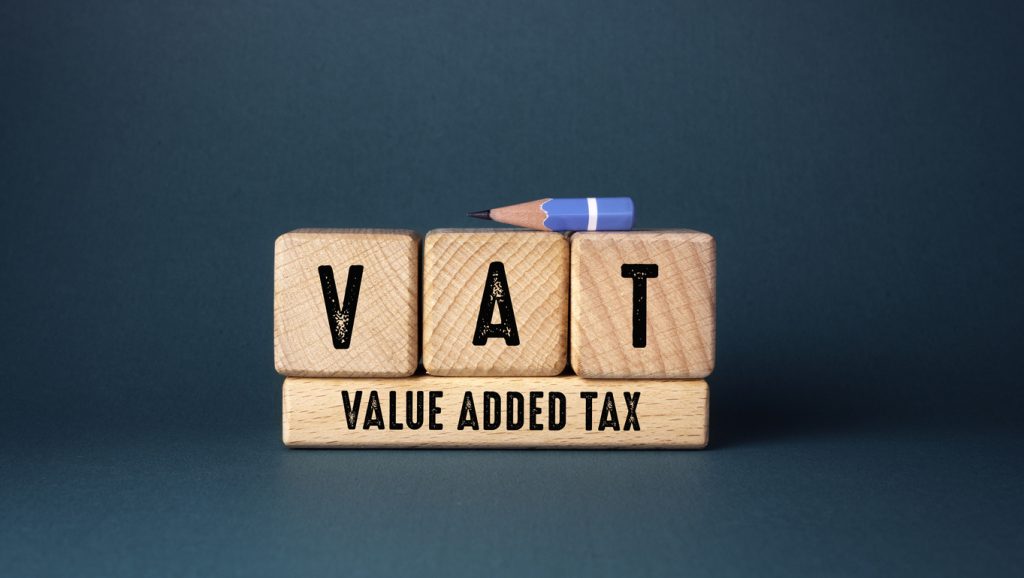
Get in Touch
Our team of accountancy experts are available to speak to you as soon as possible. You can also email us or complete the contact form and one of the team will be in touch.
A limited company is an organisation that you set up to run your business. As a result, you will no longer be completely and wholly responsible for it. Likewise, your business’ finances will become separate from your personal ones. Any profit made, after Corporation Tax, will be owned by the limited company. The profit can then be shared amongst the various people and organisations who own shares in the company.
Most limited companies across the world are ‘limited by shares,’ which means that they’re owned by shareholders, who have certain rights. For example, as a company director, you may need shareholders to vote and agree on any changes you want to make to the company.
What’s the difference between a limited company and a sole trader?
One of the main ways that limited companies differ from sole traders is the way that tax and legal liabilities are handled. A limited company is considered to be its own legal entity, so as a shareholder your own liability for finances and debts is limited.
The company’s finances become separate from your own, unlike a sole trader, which holds little legal distinction between you and your business. If you’re a sole trader, any business debts will become your debts, and your personal assets are not protected.
Tax responsibilities
Your limited company must register for VAT if your takings exceed more than £85,000 a year. It must also:
- Maintain annual statutory accounts
- Send Companies House an annual return
- Provide HMRC with an annual Company Tax Return
As a director of a limited company you also have a legal responsibility to ensure that all of the above gets done.You can hire people to manage some of these things, such as an accountant, but you’re still legally responsible for your company’s records, accounts and performance. You must also:
- Complete an annual Self-Assessment tax return
- Pay tax and National Insurance through the PAYE system – if the company is paying you a salary
- Follow the company’s rules, shown in its articles of association
- Keep company records and report changes
- Tell other shareholders if you might personally benefit from a transaction the company makes
Frequently Asked Questions
-
I need to complete a Self Assessment - can you help?
Of course we can! We know that as a freelancer, director or contractor it can be confusing to handle your own accounts and tax records, so contact our experts for advice and support today!
-
When do I need to file my Self Assessment by?
If you are a self-employed director, remember to file your Self Assessment by 31st January the year after the tax year you’re paying for. For example, if you’re paying your 2023/2024 tax return, this should be paid by 31st January 2025.
Search More Terms
View our latest news & insights






